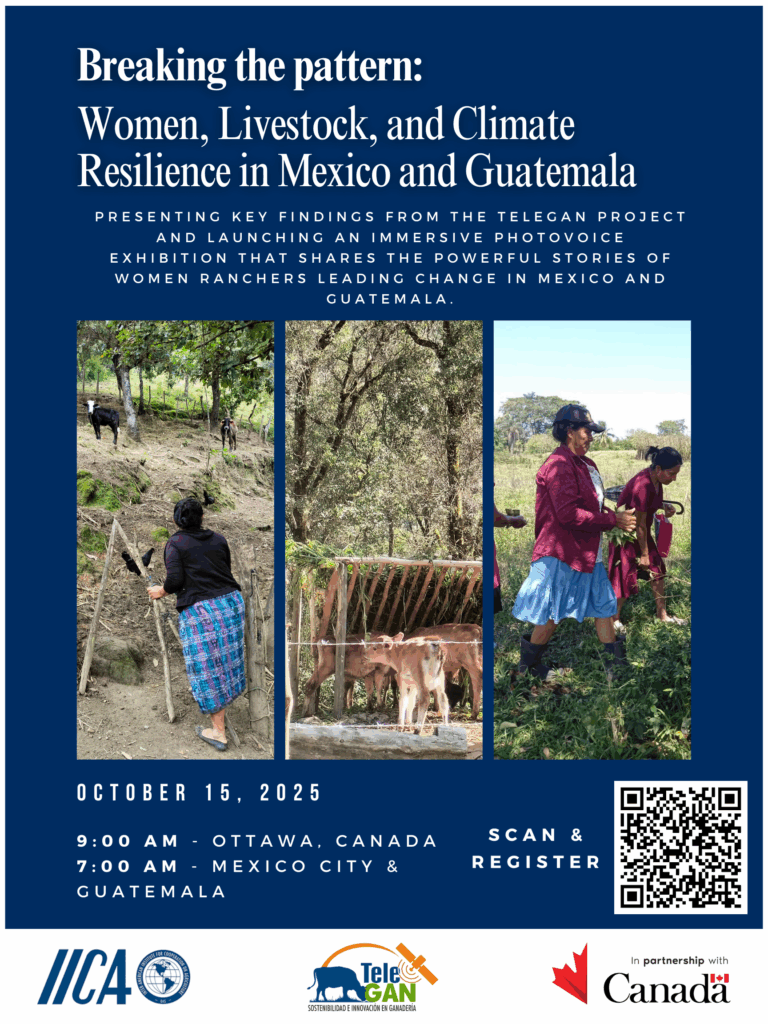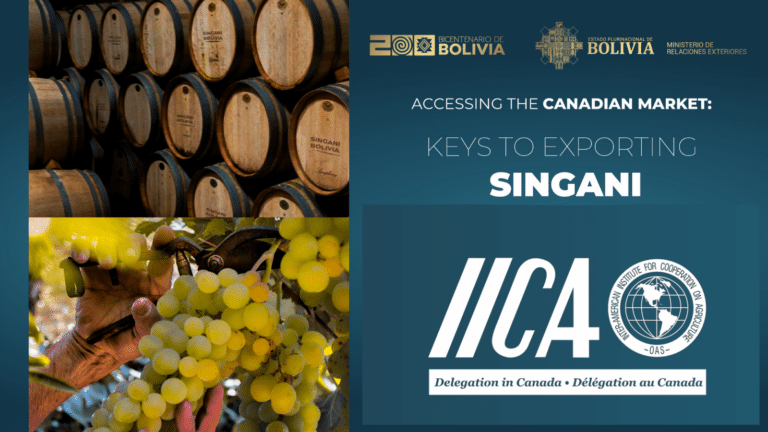The purpose of this activity is to contribute to improving the capacities of IICA’s member states to participate in international trade forums and to promote agricultural trade within the framework of agricultural chains for sustainability, economic development, and food security.
General objective: To improve the technical knowledge of IICA’s member states in topics such as rules of origin and to understand the impact that some non-tariff measures have on agricultural trade.
Specific objectives:
- To understand the provisions relating to the rules of origin as a non-tariff measure in the multilateral trade system and its relation to the trade of agricultural goods.
- To identify some of the impacts that non-tariff measures and rules of origin have on developing countries.
- To share experiences about the possible challenges for countries in the Americas in the negotiation and application of the rules of origin in the trade of agricultural products.
Participating institutions:
The Inter-American Institute for Cooperation on Agriculture (IICA), World Trade Organization (WTO) Reference Center at IICA.
The World Trade Organization (WTO), the Institute for Training and Technical Cooperation (ITTC), the Agriculture and Commodities Division (ACD) and the Rules of Origin Division.
The International Trade Center (ITC).

Background:
The rules of origin are non-tariff measures that are utilized for determining the origin of a product. The rules may be non-preferential (such as those established by countries within the WTO), that are used for purposes such as labeling, anti-dumping, quotas, and the generation of statistics. They may also be preferential, such as those that are negotiated in the agreements in a free trade zone, which include tariff concessions.
Within this context, it must be highlighted that every IICA member government is also a member of WTO. At the moment, every country is a full member with the exception of Bahamas, which is currently an observer member and is in negotiations to become a full member.
Likewise, the great majority of American countries have signed and are negotiating a number of free trade agreements, in which non-tariff measures and preferential rules of origin become more complex. This presents a number of benefits, but it also presents a variety of challenges for the business sector that practices trade and enacts the rules that have been negotiated by governments at the WTO and regional levels.
Due to the proliferation of a range of preferential trade agreements and their tendency to appear in value chains, the government and business representatives responsible for correctly complying with the rules of origin are faced with the challenge of applying the rules, as well as managing the diverse certifications of origin and verification systems.
The importance of understanding the evolution of the non-preferential and preferential rules of origin lies in its correct application, as well as in the prevention of commercial losses for importers and exporters.
Methodology:
The forum will consist of four parts:
- Presentation of the WTO rules of origin and their relation to agriculture. An internet linkup with officials of the Agriculture Division and Rules of Origin Division of the WTO, via the ITTC in Geneva, will be held.
- Presentation of some of the impacts of non-tariff measures, including the rules of origin, for the business sector in developing countries. Internet linkup with ITC specialists.
3. Comments and questions.
4. Conclusions y closing.
The forums will be broadcasted via WebEx in both Spanish and English to the 34 IICA member states.











